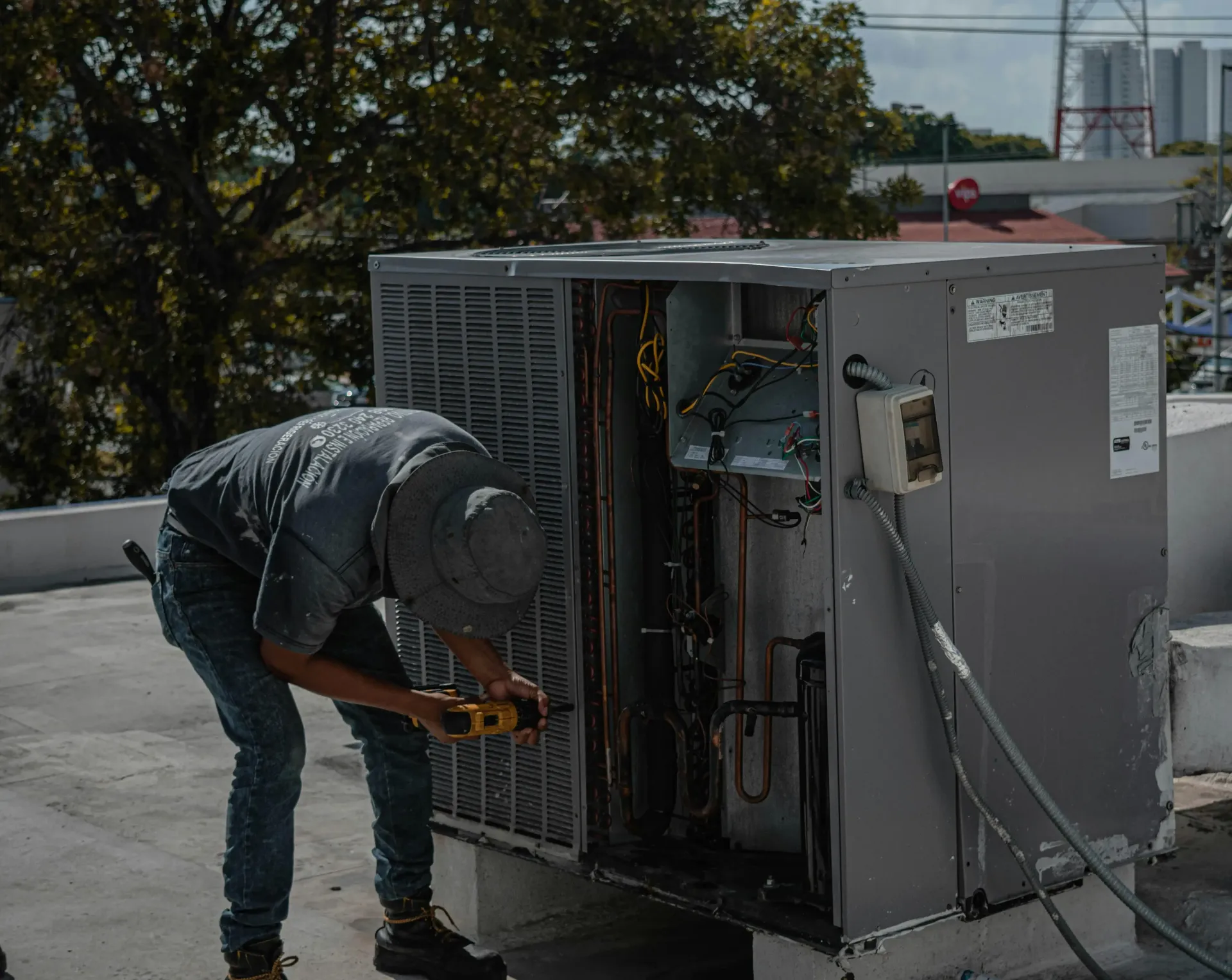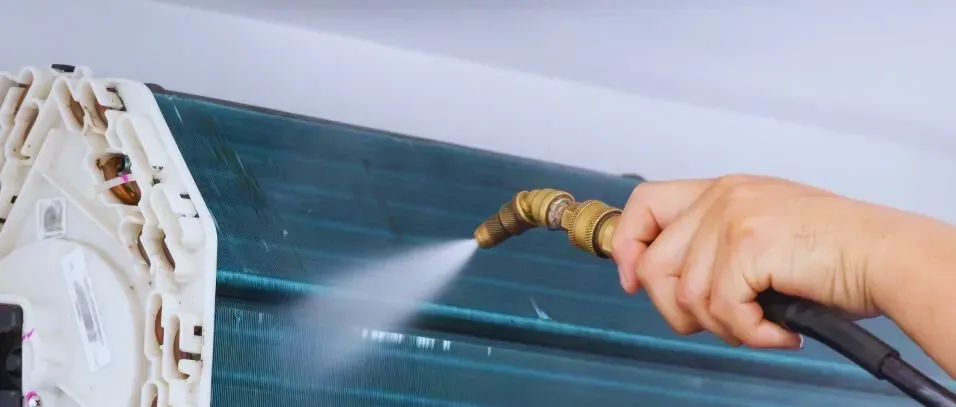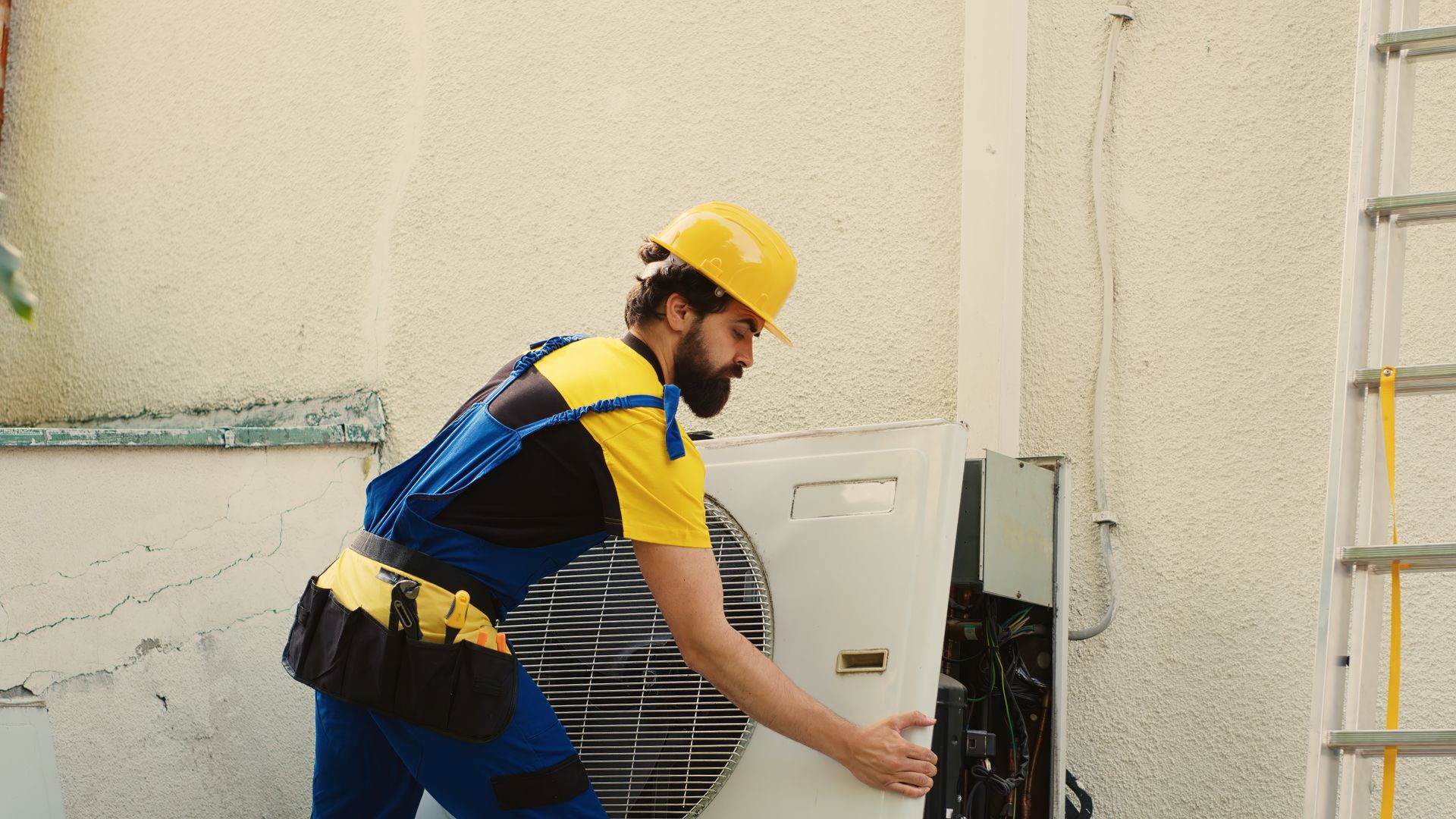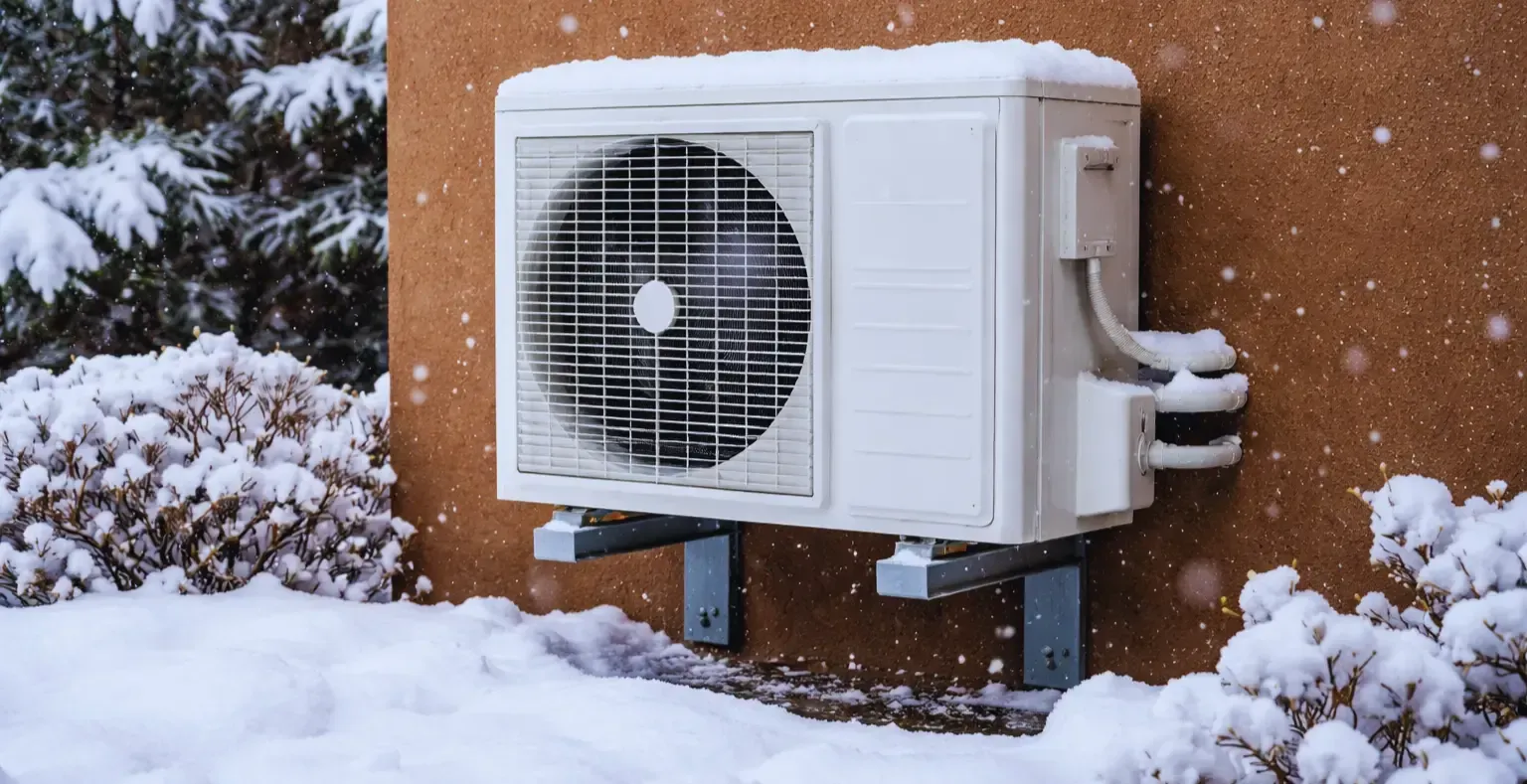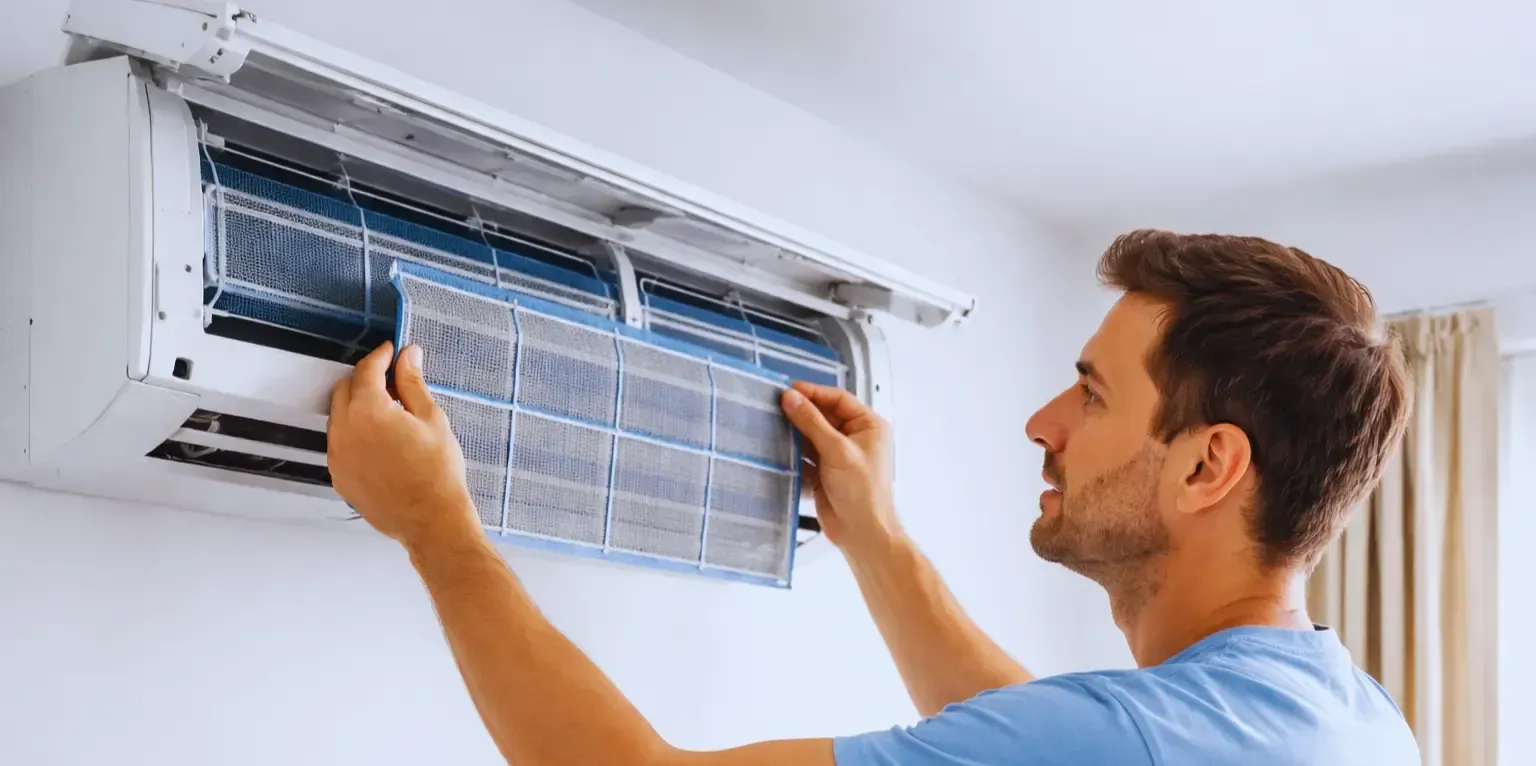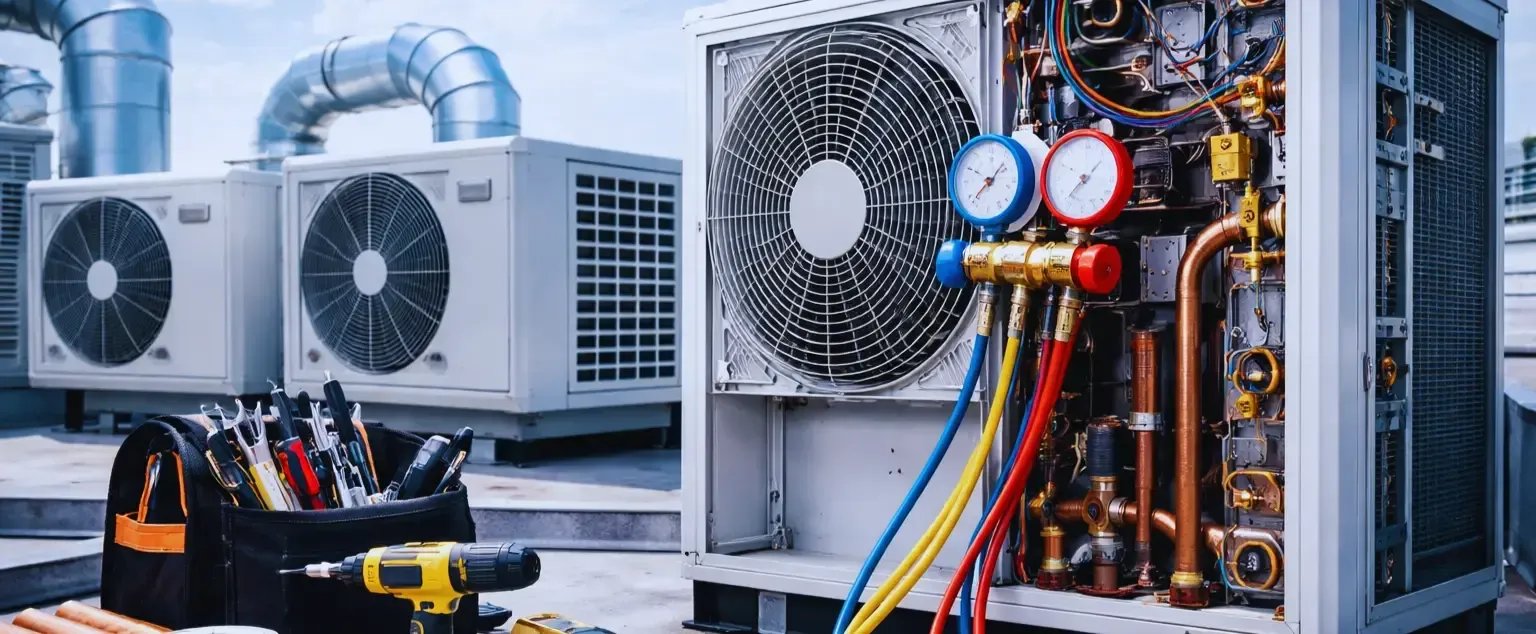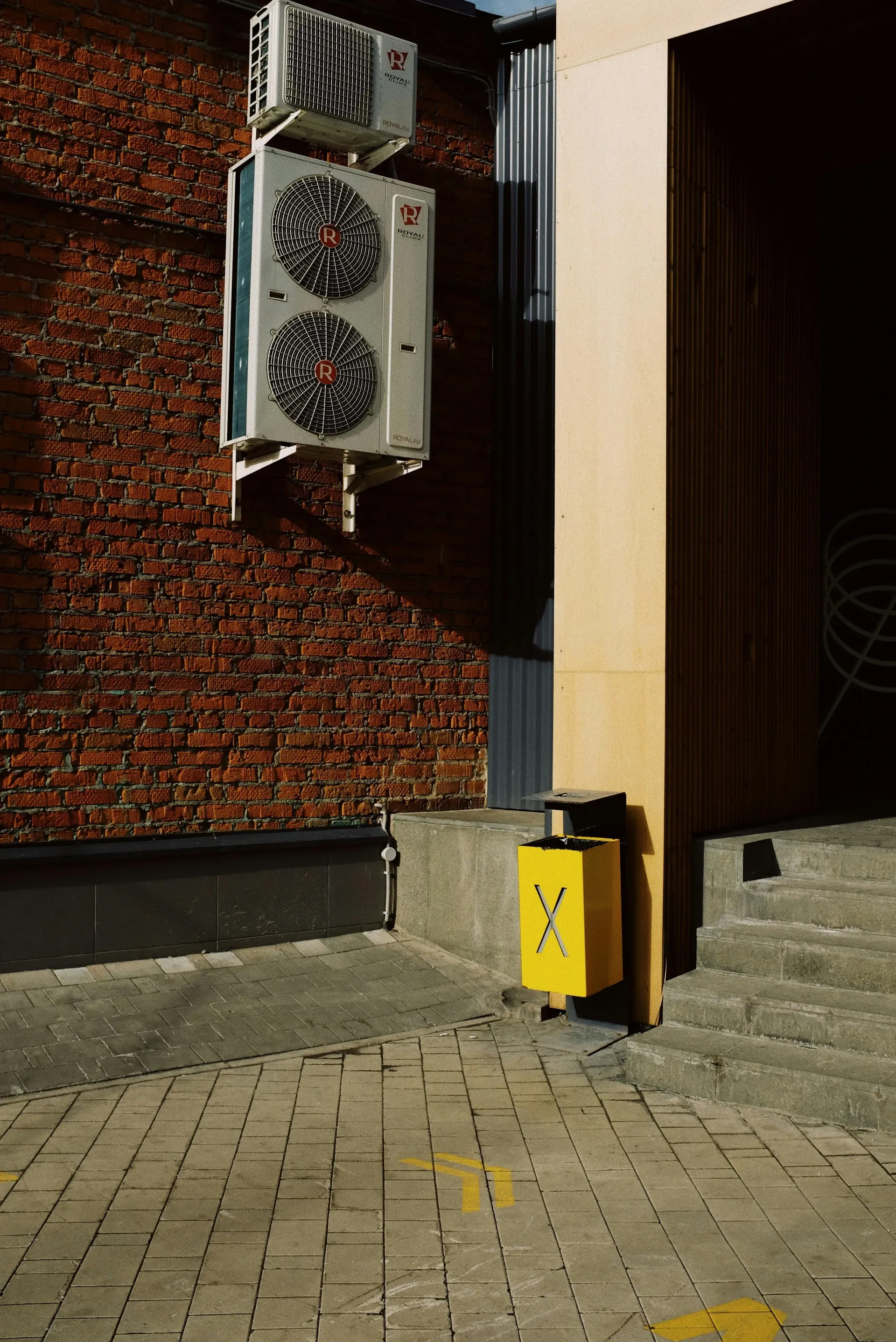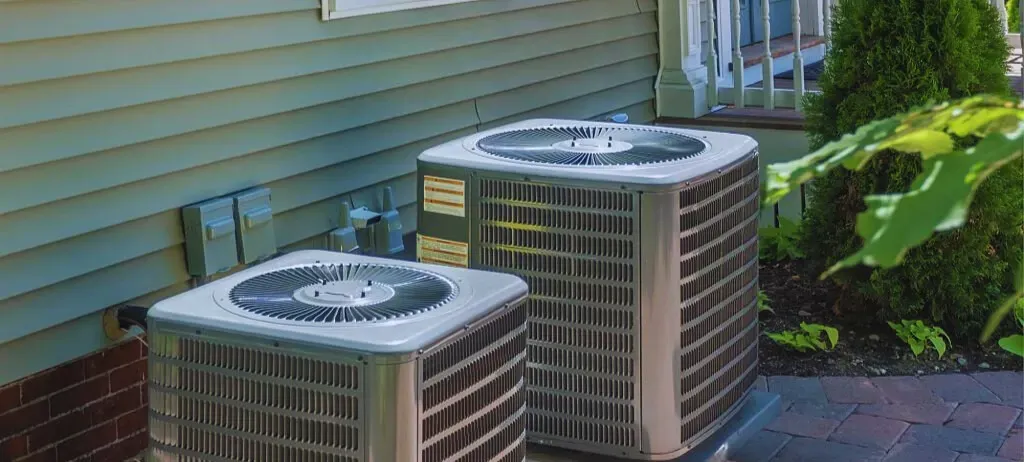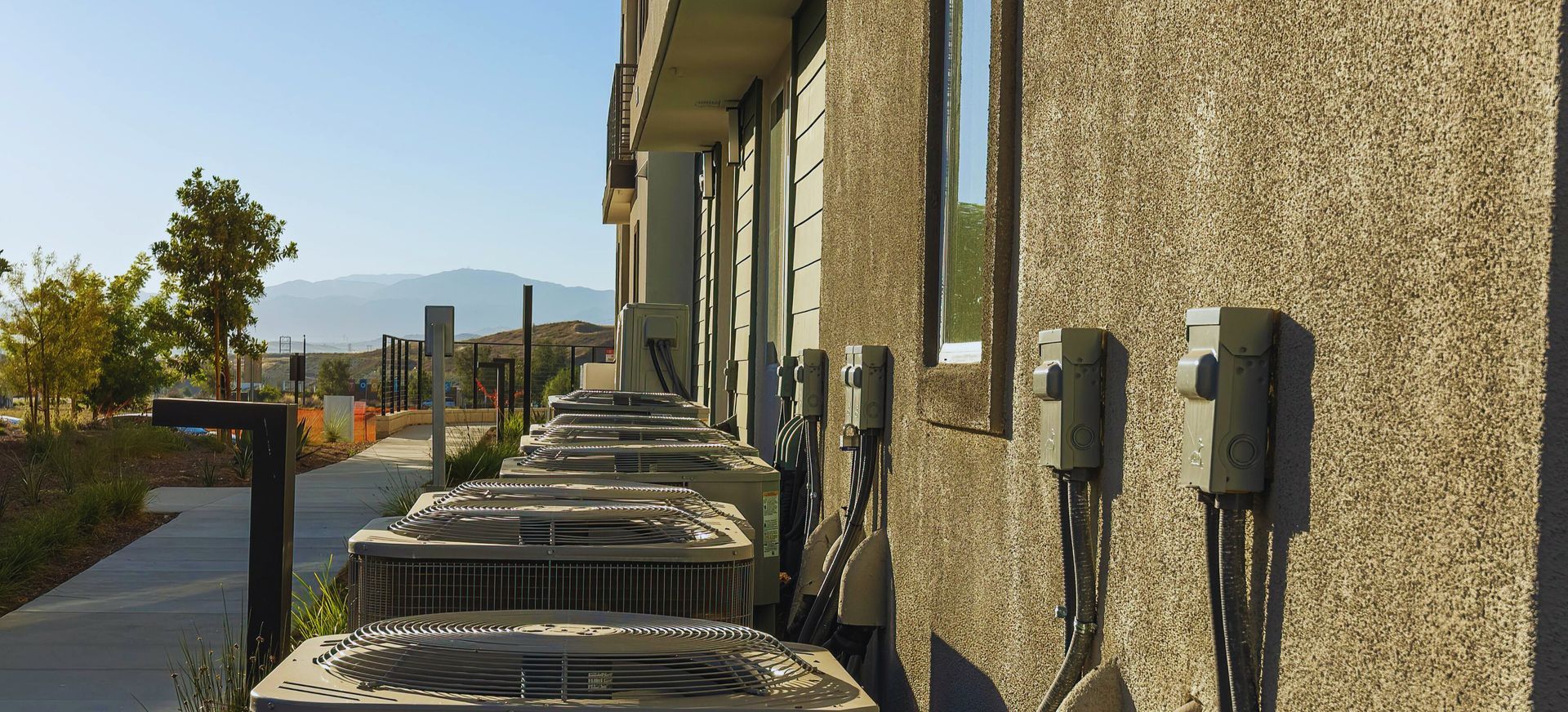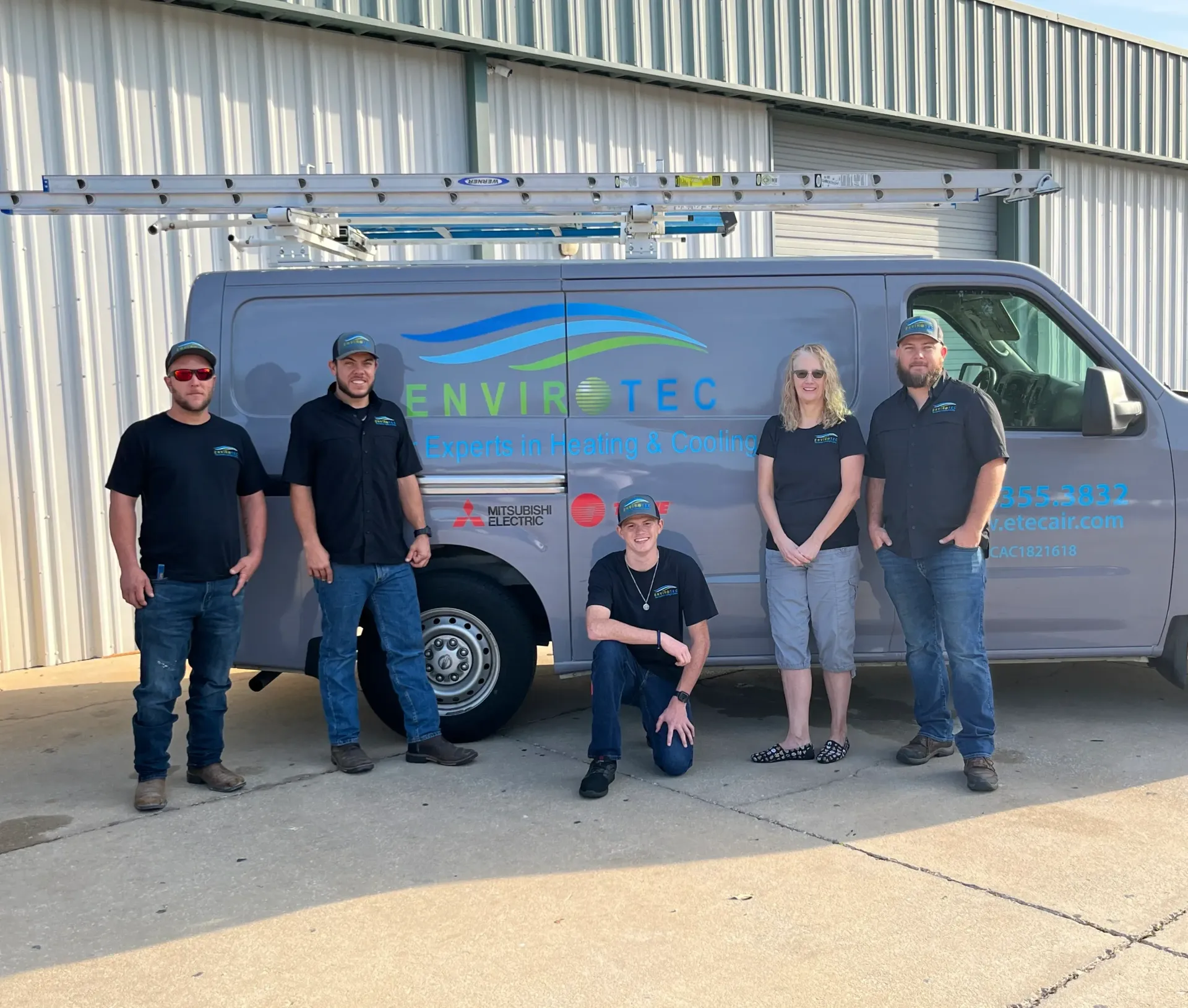Mini-Split Systems vs. Central Air: Which is Right for You?
Choosing the right HVAC system for your home can feel overwhelming, especially when weighing the pros and cons of mini-split systems vs. central air. The decision impacts both comfort and energy efficiency, so it’s important to consider all aspects before making your choice. This guide dives deep into the core differences, benefits, and drawbacks of each system to help you make an informed decision that suits your needs and budget.
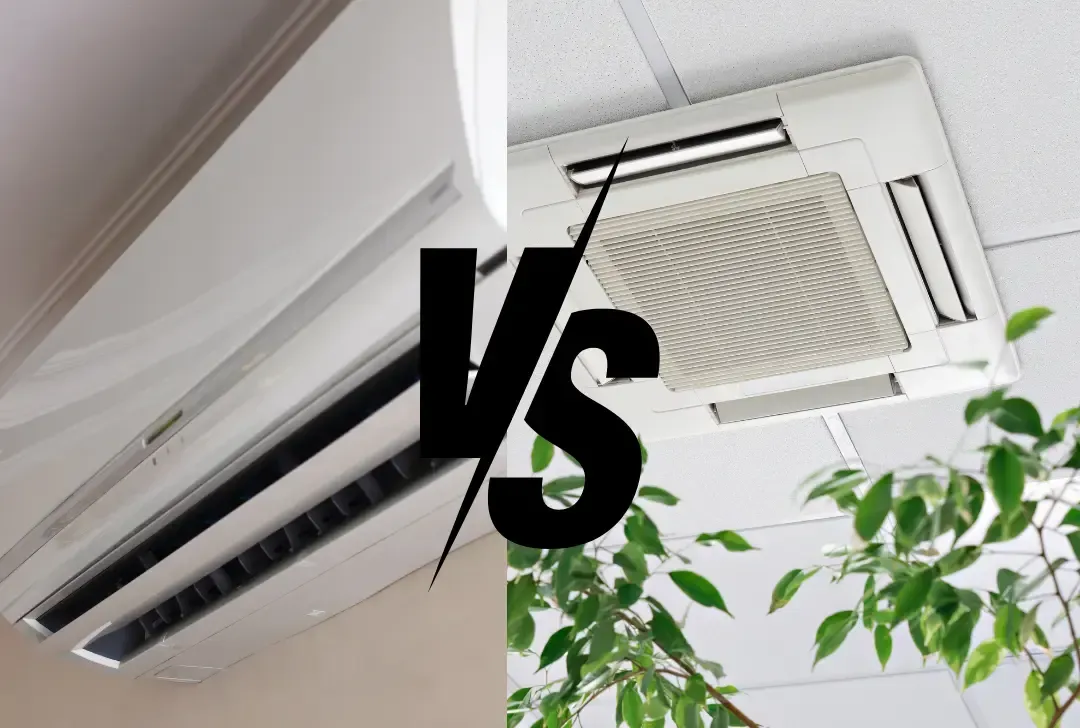
Understanding Mini-Split Systems
Mini-split systems, often called ductless systems, have become increasingly popular in recent years due to their energy efficiency and versatility. These systems consist of two major components: an outdoor compressor/condenser and an indoor air-handling unit. The lack of ductwork gives mini-splits an edge over traditional HVAC systems in certain settings.
Mini-splits are especially effective for older homes without pre-existing ductwork, making them a great choice for remodeling projects. They’re also perfect for new construction HVAC installation, offering flexibility in both design and function.
How Do Mini-Split Systems Work?
Mini-split systems operate similarly to central air systems but without the extensive duct network. Each indoor unit can cool or heat a single room or zone, which gives homeowners the freedom to control temperatures individually in different parts of the house. This makes them ideal for homes with multiple rooms or zones where temperature control needs vary.
Pros of Mini-Split Systems
One of the biggest advantages of a mini-split system is its energy efficiency. Because they don’t rely on ductwork, mini-splits eliminate the energy losses commonly associated with leaky or inefficient ducts. Here’s why you might choose a mini-split system:
- Zoned Temperature Control: Each indoor unit can be adjusted independently, allowing you to cool or heat specific areas as needed.
- Energy Efficiency: Mini-splits use inverter-driven compressors, which adjust cooling and heating output based on the demand, rather than cycling on and off, which saves energy.
- Quiet Operation: Mini-split systems are known for being quieter than many central air systems, making them a great choice for bedrooms or quiet areas in the home.
- Easy Installation: Installation is relatively simple since they don’t require extensive ductwork. If you’re considering Mitsubishi Mini-Split System Installation, you’ll benefit from a quick and non-invasive setup.
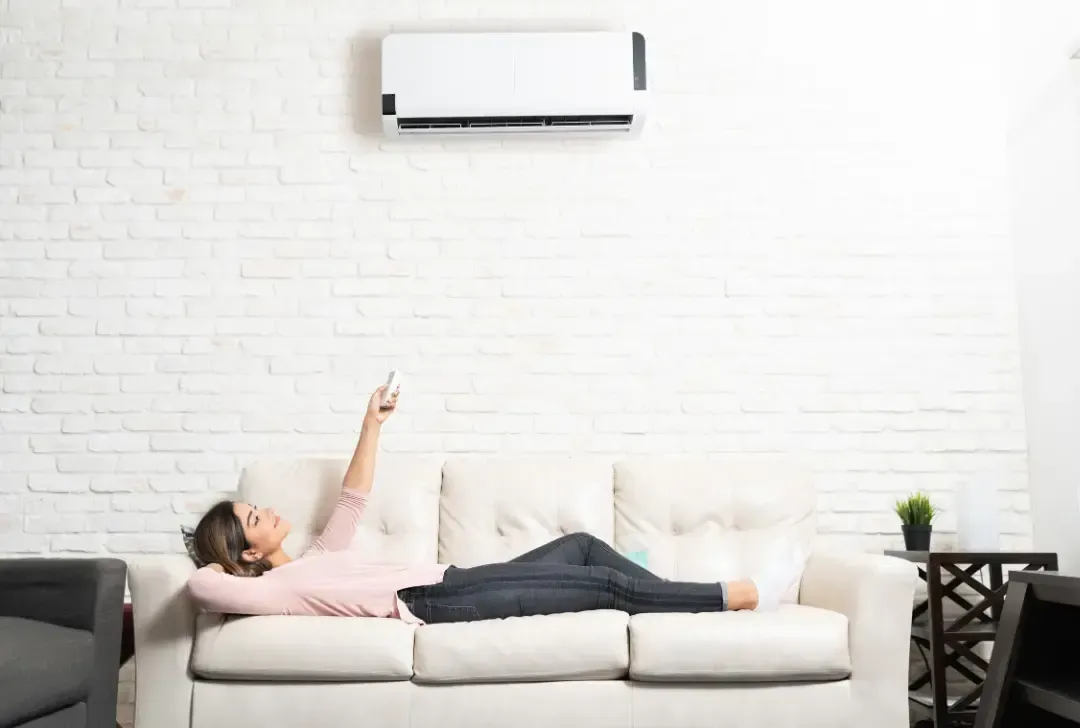
Cons of Mini-Split Systems
While mini-split systems offer many benefits, they aren’t perfect for every home. Some drawbacks include:
- Higher Initial Cost: The cost of purchasing and installing a mini-split system can be higher than central air, particularly if you need multiple indoor units to cover a large home.
- Aesthetic Impact: Indoor units must be mounted on walls, which may not suit the aesthetic preferences of all homeowners.
- Maintenance Needs: The air filters in mini-split systems require regular cleaning, especially in homes with pets or high levels of dust.
Exploring Central Air Systems
Central air systems, on the other hand, are the more traditional choice for home cooling and heating. These systems distribute air throughout the house via a network of ducts. In a central air system, air is cooled by an outdoor unit and circulated indoors through the ductwork, ensuring a consistent temperature across all rooms.
Central air systems are often seen as a standard in new construction and large homes, offering whole-home climate control with a single thermostat.
How Does Central Air Work?
Central air systems utilize a large, outdoor compressor unit that connects to an indoor evaporator coil. Air is pulled from the house, cooled, and then distributed back into the living spaces through the ductwork. Because all the air is treated in one central location, these systems are excellent for maintaining uniform temperatures across large areas.
Pros of Central Air Systems
Central air systems have their own set of advantages that make them attractive for many homeowners:
- Whole-Home Coverage: Central air can easily cool or heat an entire home with one system, making it ideal for larger homes or homes with multiple levels.
- Discreet Installation: The indoor components of central air systems are typically hidden, with only vents visible in each room, preserving the overall aesthetic of the house.
- Enhanced Air Quality: Many central air systems are equipped with air filters and dehumidifiers that help improve indoor air quality by removing dust, allergens, and moisture.
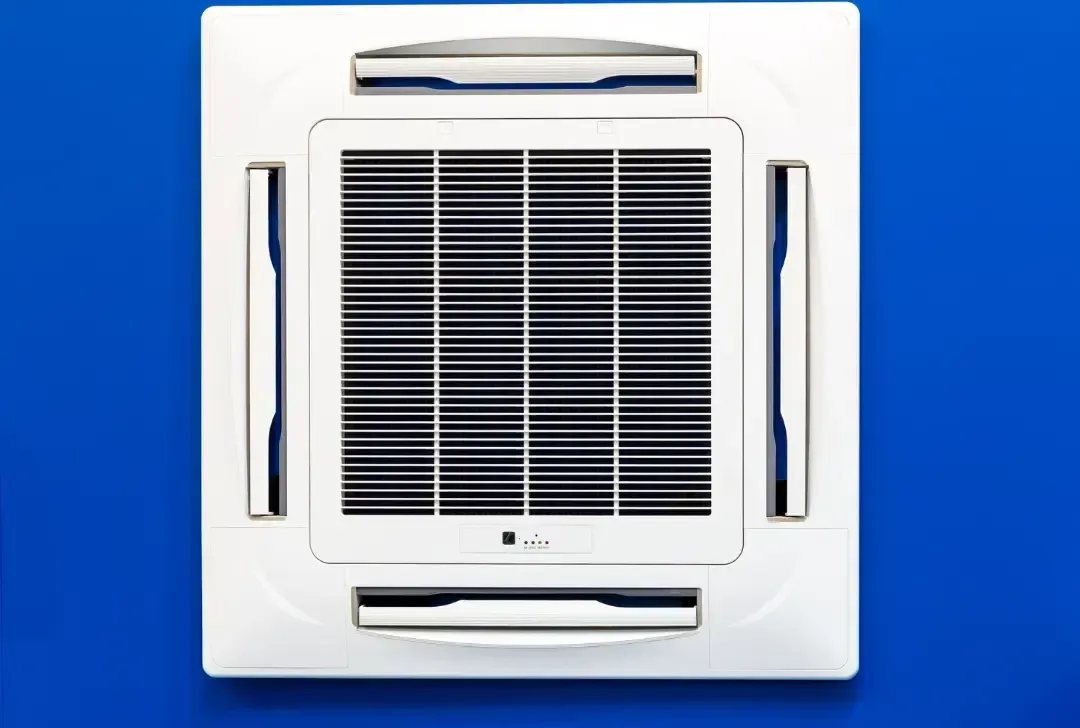
Cons of Central Air Systems
However, central air isn’t perfect and comes with its own set of challenges:
- Energy Losses: Ductwork can leak or be poorly insulated, leading to significant energy losses, especially in older homes.
- Higher Energy Costs: Running a central air system for an entire home can be more expensive, particularly if you’re not using every room.
- Duct Maintenance: Regular maintenance of ductwork is necessary to ensure the system operates efficiently and to prevent the buildup of dust and allergens.
Energy Efficiency: Mini-Split Systems vs. Central Air
When comparing mini-split systems vs. central air, energy efficiency is one of the key considerations for most homeowners. Mini-splits often have the edge in this department, as they are designed to avoid the energy losses that come with ductwork. Additionally, their ability to cool or heat individual zones ensures that you’re only using energy where and when it’s needed.
In contrast, central air systems can struggle with inefficiencies due to duct leakage, especially in older homes. However, with advancements in energy-efficient central systems, it is possible to achieve a good balance of performance and efficiency. If you have an older system, you might want to explore options to change out old systems with energy-efficient alternatives.
Initial Installation Costs
When it comes to upfront costs, mini-split systems tend to be more expensive initially. This is especially true if you need multiple indoor units to cover a large home. However, the installation of a mini-split system is typically less invasive than central air since it doesn’t require ductwork. The cost of installing ductwork for central air, especially in homes that don’t already have it, can drive up the total cost significantly.
Long-Term Costs
While mini-splits are more expensive upfront, their energy efficiency often translates into lower long-term costs. Homeowners may see significant savings on their energy bills, especially in homes where zoning can be used to cool or heat only the necessary areas. Central air, while often cheaper initially, can lead to higher energy costs due to inefficiencies and the need to cool the entire house, even if some rooms aren’t in use.
Which System is Better for Your Home?
The answer to whether you should choose mini-split systems vs. central air depends largely on your specific needs and circumstances. Here are a few considerations to keep in mind:
- Home Size: For large homes or homes with many rooms, central air might be a better option, especially if the home already has existing ductwork. For smaller homes, apartments, or homes without ducts, a mini-split system offers greater flexibility and efficiency.
- Budget: While mini-split systems may cost more initially, their lower operational costs can make them a good investment in the long run. Central air may be cheaper upfront but could lead to higher energy bills over time.
- Zoning Needs: If you want to control the temperature in individual rooms or zones, mini-split systems offer unmatched flexibility. Central air, while offering whole-home comfort, lacks the fine control of mini-splits unless installed with additional zoning equipment.
Maintenance and Longevity
Both systems require maintenance, but they differ in their specific needs. Mini-split systems need regular filter cleaning, which is essential for efficient operation. Central air systems, on the other hand, require periodic duct cleaning and inspections to ensure no air leaks or contaminants compromise the system’s efficiency.
With proper care, both mini-split and central air systems can last for many years, but mini-splits often boast a longer lifespan due to their more advanced technology and lack of ductwork, which can deteriorate over time.
Frequently Asked Questions
What is the lifespan of a mini-split system compared to central air?
Mini-split systems typically last between 15 to 20 years, while central air systems can last about 12 to 15 years with proper maintenance.
Is it more expensive to install a mini-split or central air?
Mini-split systems generally have a higher upfront cost but lower operational costs. Central air may be cheaper to install if ductwork is already in place, but it can be more expensive to operate in the long term.
Can mini-split systems heat my home as well?
Yes, many mini-split systems are capable of both cooling and heating, making them a versatile solution for year-round climate control.
Do mini-split systems work well in humid climates?
Mini-split systems work effectively in humid climates. Some models even come equipped with dehumidifying functions to manage indoor humidity levels.
Are mini-splits more energy-efficient than central air?
Yes, mini-splits are generally more energy-efficient due to their ductless design, which eliminates energy losses commonly associated with ductwork.
Do I need a mini-split for each room?
Not necessarily. Depending on your home's layout, one mini-split unit may be able to cool or heat multiple rooms. However, for optimal zoning, it's common to install multiple indoor units.
Conclusion
In the battle of mini-split systems vs. central air, there is no one-size-fits-all answer. Each system has its unique benefits and drawbacks, and the right choice depends on your specific needs, home size, budget, and personal preferences. For homes without existing ductwork or where zoning is a priority, mini-split systems are often the more efficient choice. However, for larger homes with existing duct systems, central air can be a cost-effective and convenient solution.
Whichever system you choose, it’s important to prioritize energy efficiency and long-term savings. Consulting a professional for installation, like the experts at Envirotech Heating and Cooling, ensures that you make the most of your investment, whether you opt for a Mitsubishi Mini-Split System Installation or New Construction HVAC installation. If you’re thinking of upgrading an old system, consider energy-efficient alternatives to save on future energy costs.

